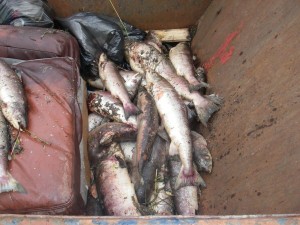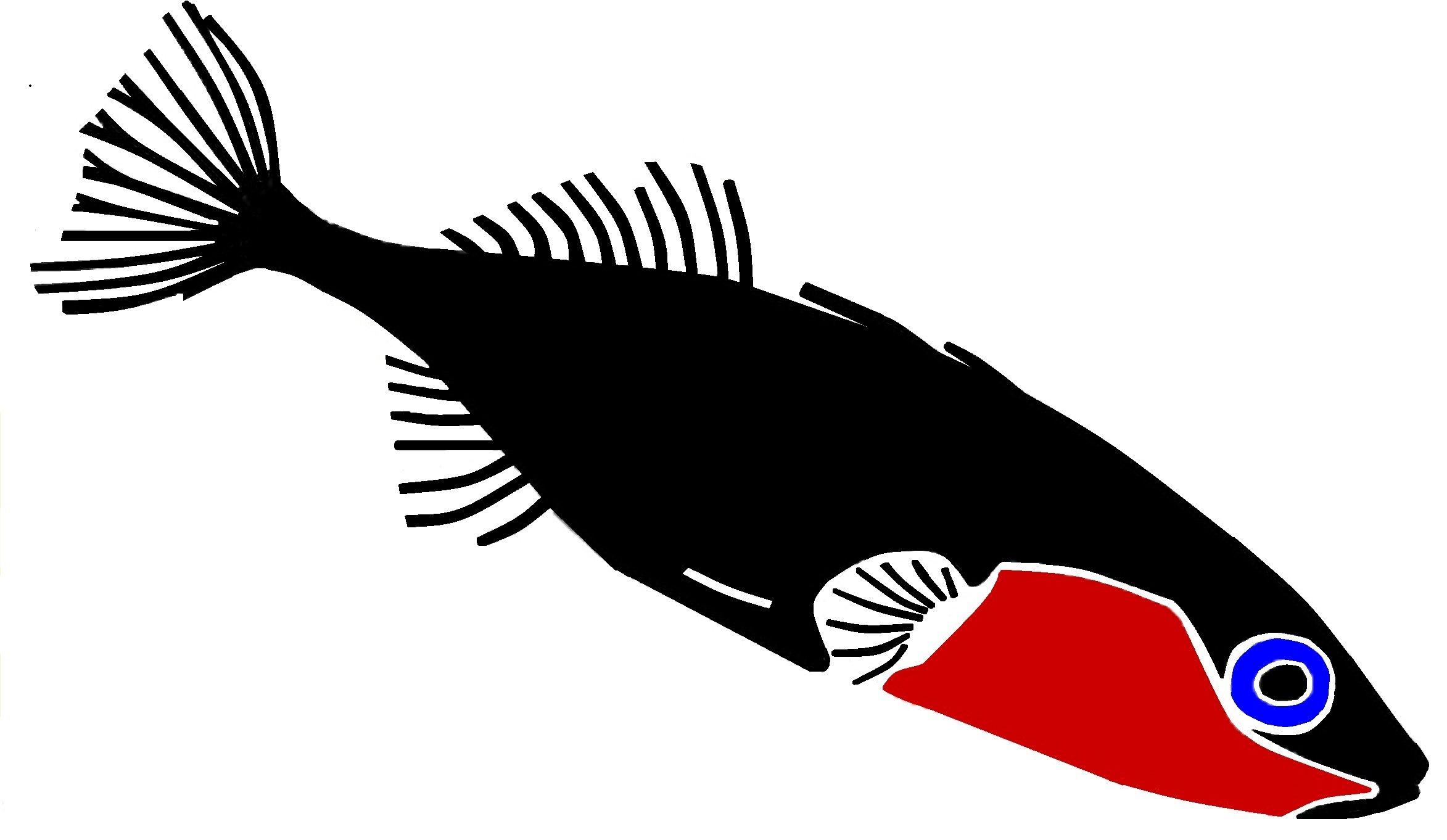River Clyde fish kill near Glasgow Green

Yesterday we learned of yet another fish kill on the main stem of the River Clyde in Glasgow. The fish kill occurred upstream of the Tidal Weir at Glasgow Green – the same location as last July’s large fish kill. In July 2013 the death of an estimated 200 fish, including large numbers of returning salmon, was attributed to a combination of factors during a warm spell that led to low dissolved oxygen levels in the river (full story here). SEPA and Kemp Meikle (Mid Clyde Angling Association) have provided information on the latest incident. A spokesperson from SEPA said:
“SEPA received reports of dead fish on the River Clyde upstream of the Tidal Weir at Glasgow Green over the weekend of 19 and 20 July.
Officers attended and SEPA are investigating at this time. Some dead fish were observed (around a dozen on Saturday and the same again on Sunday). These were salmon and trout and it is thought they had been dead for a few days.
What we know at present is that our monitoring of the River Clyde over recent days and weeks has been telling us that conditions for fish life in this area have frequently been poor. A period of high tidal ranges has seen oxygen depleted water brought up from the estuary and into the impounded section of river upstream of the tidal weir. Low river flows and have not been able to refresh the impounded section sufficiently to bring up levels of dissolved oxygen and water temperatures have been also been high.”
Mr Meikle, following communication with the Skipper of Glasgow City Council’s river clean-up vessel the St Mungo, reported that the situation had started slowly with two dead fish found on Thursday, two more on Friday and then 24 between Saturday and Sunday with a couple more on Monday. Amongst the dead salmon were grilse and some fish up to 15lb.
It is now clear that fish kills in this area are not ‘one-off’ incidents; with increasing runs of salmon and sea trout migrating through the lower Clyde and ongoing climate change we need action to prevent future occurrences. We will provide further updates as more information becomes available.
